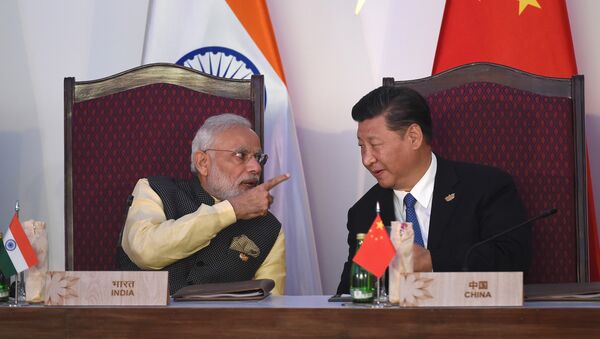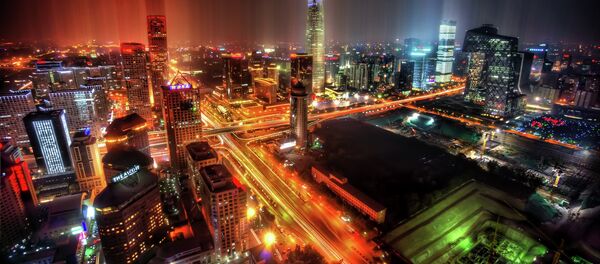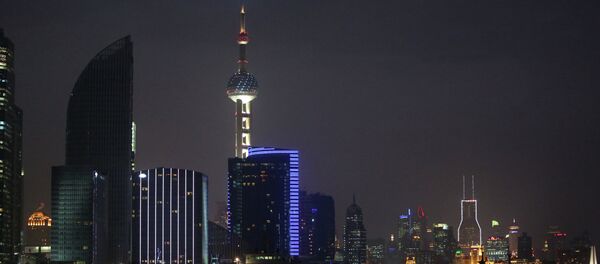India should have a more constructive stand than the hawkish one in the current establishment, said Srinath Raghavan, senior fellow at the Centre for Policy Research in New Delhi. This alternate, constructive approach calls for a change in tack in relation to China and pushing smarter engagements including the controversial One Belt, One Road (OBOR) initiative, he said.
“New Delhi underestimates the growing importance of Pakistan to China and overestimates its own clout. The latter also comes from the curious belief that international influence comes from mostly talking ourselves up. Given the disparity in power between the two countries, it was always faintly ridiculous for India to believe that it could stare down the Chinese,” he told Sputnik.
The inauguration of the Donald Trump presidency has made the existing international economic order volatile and it is “important to recognise that the changing global context will impinge upon China and India rather differently”, said Raghavan.
“The collapse of the Trans-Pacific Partnership and the rolling out of the OBOR initiative has already provided Beijing the perfect setting in which to pursue a more ambitious agenda of Asian connectivity and integration.”
“The two sides did, however, discuss the possibility of cooperating on developmental activities in Afghanistan. Again, while this is welcome, New Delhi should recognise that Beijing does not really need to work with it in Afghanistan,” stressed Raghavan.
“New Delhi should reconsider its position on the OBOR initiative. At the latest meeting, the foreign secretary reiterated India’s refusal to participate on the grounds that the China-Pakistan Economic Corridor violates India’s sovereignty over Kashmir. What matters, however, isn’t our motivations or desires but the outcomes of the Chinese initiative and their implications for India.”
India must look at the larger picture and shed baggage, Raghavan said. “The reality is that the Asian economic order is set to undergo far-reaching changes. By refusing to take a realistic tack, India is effectively depriving itself of an opportunity to shape the transforming landscape of Asia,” he said.







